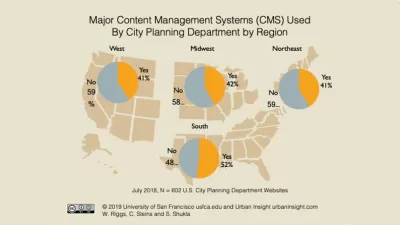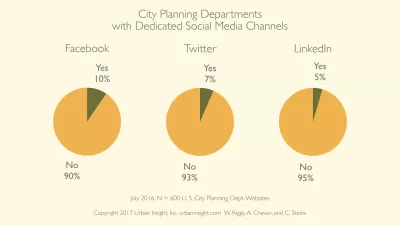This post from The Atlantic suggests that mobile devices and the ability to connect them with the Internet will help lure more people into cities.
By being able to do work on the go, and access information everywhere, the prospect of doing work on the commute could make more people opt for the bus or the train rather than the hands-required world of car driving.
"[T]he latest network to overspread our country -- the wireless electromagnetic one -- is just not fully compatible with driving, at least for human brains. In more economic terms, the opportunity cost of car commuting is going up. You can listen to Howard Stern in a car; you can run your business from a train or bus.
Infrastructure is a viscous social structure, so I have no illusions that a century-old transportation system and its attendant urban forms are suddenly going to disappear. But it's all the networks we layer on top of one another -- information, power, transportation, water -- that help determine the social desirability of a place."
FULL STORY: How Mobile Devices Could Lead to More City Living

Planetizen Federal Action Tracker
A weekly monitor of how Trump’s orders and actions are impacting planners and planning in America.

Maui's Vacation Rental Debate Turns Ugly
Verbal attacks, misinformation campaigns and fistfights plague a high-stakes debate to convert thousands of vacation rentals into long-term housing.

Cuomo Is the Candidate of Both NIMBYs and Developers. What Gives?
In the New York City mayoral race, odd bedfellows align to preserve the housing status quo.

San Antonio and Austin are Fusing Into one Massive Megaregion
The region spanning the two central Texas cities is growing fast, posing challenges for local infrastructure and water supplies.

Charlottesville Temporarily Has No Zoning Code
A judge ordered the Virginia city to throw out its newly revised zoning code, leaving permitting for new development in legal limbo.

In California Battle of Housing vs. Environment, Housing Just Won
A new state law significantly limits the power of CEQA, an environmental review law that served as a powerful tool for blocking new development.
Urban Design for Planners 1: Software Tools
This six-course series explores essential urban design concepts using open source software and equips planners with the tools they need to participate fully in the urban design process.
Planning for Universal Design
Learn the tools for implementing Universal Design in planning regulations.
Heyer Gruel & Associates PA
JM Goldson LLC
Custer County Colorado
City of Camden Redevelopment Agency
City of Astoria
Transportation Research & Education Center (TREC) at Portland State University
Jefferson Parish Government
Camden Redevelopment Agency
City of Claremont





























